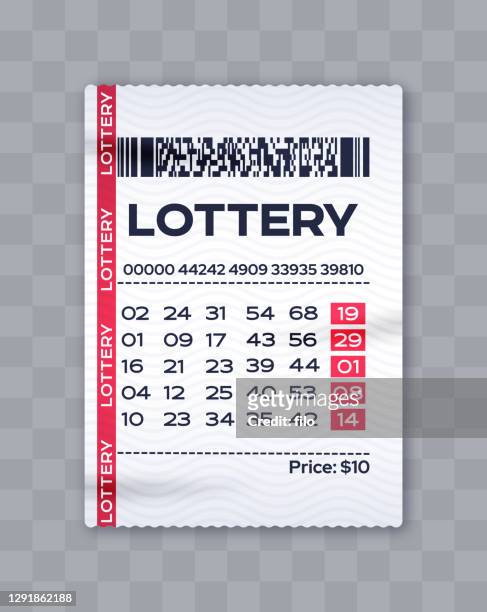
The lottery is a game where people pay money to participate in a drawing for prizes. Most lotteries offer a single large prize, along with smaller prizes. The amount of money paid to winning ticket holders depends on the number of tickets sold and how many numbers match a random selection by computers or human beings. Typically, the higher the number of tickets sold, the greater the chance of winning. Historically, the lottery has been used to raise funds for public works, but now it is more often used to fund private and charitable projects.
Lotteries are also popular for distributing property and other assets, such as the right to live in a particular neighborhood or the opportunity to study at a particular school. In the past, some governments prohibited or banned lotteries, while others promoted them to promote economic development and social mobility. But today, most countries have some form of lottery. The lottery can be used to distribute assets for a variety of reasons, including to reduce inequality and poverty, improve social services and public health, and encourage business investment.
People try to increase their chances of winning by purchasing more tickets or playing numbers that are less common. But these strategies are unlikely to make much difference in the overall odds of winning. Regardless of how you play the lottery, it is important to know the odds before making any decisions. This will help you avoid losing your hard-earned money and instead invest it wisely.
Buying a ticket may seem like a silly exercise, but it’s not without its share of weirdos. Some people buy lottery tickets on a regular basis, spending $50 or $100 each week. They’re hoping for the big win that will transform their lives. If you’re not careful, lottery tickets can eat away at your wealth, and the odds of hitting it big are incredibly slim.
It’s tempting to believe that the only way to get ahead is through the lottery, but the truth is there are a ton of ways to make money. The best strategy is to invest in yourself, pay off your debts, build savings, and create a robust emergency fund. And, if you really want to increase your odds of winning, don’t choose numbers that have sentimental value and always purchase multiple tickets.
The first recorded European lotteries in the modern sense of the word were held in 15th-century Burgundy and Flanders, with towns holding them to raise money for town fortifications or to help the poor. Francis I of France authorized lotteries in several cities.
Some states have argued that lottery proceeds are vital to their state’s budget, but when you look at the percentage of total state revenue that goes toward lotteries, it’s not very much. It’s a small drop in the bucket, especially when you consider how much more revenue a state can raise through other means, such as taxes.